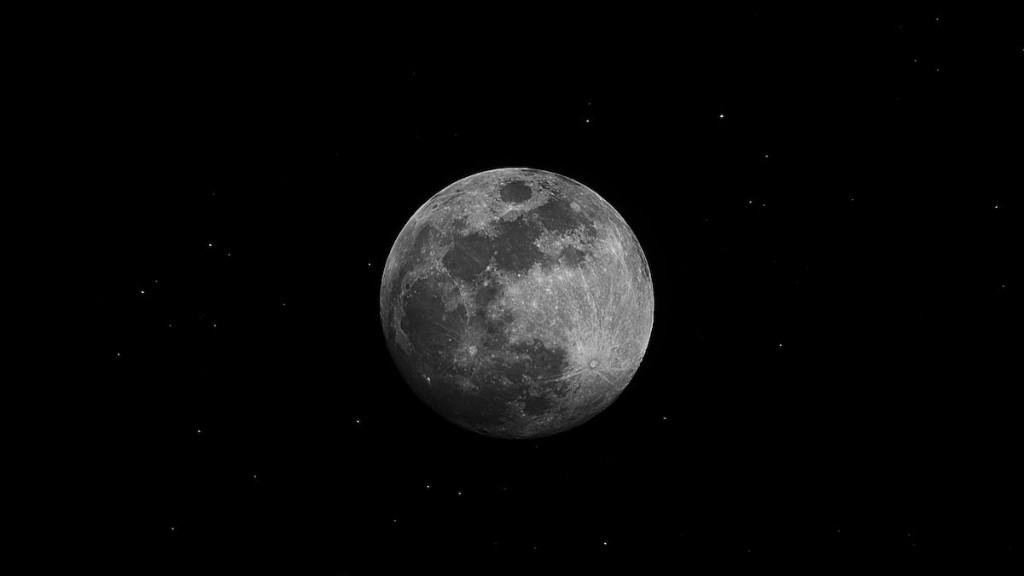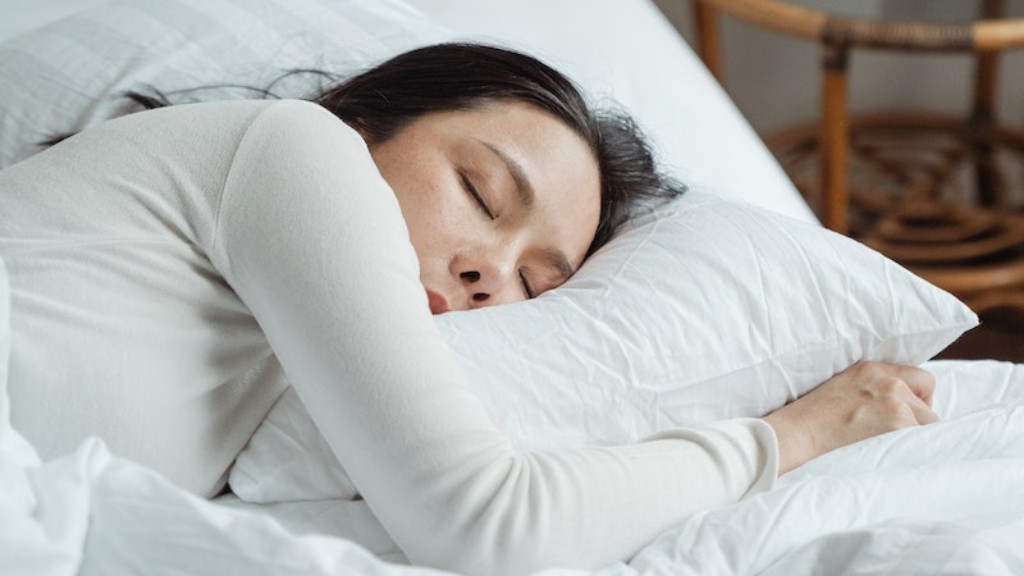It is not uncommon for people to experience headaches after dreaming. In fact, studies have shown that up to 8 percent of people have reported headaches that were associated with their dreams. While the cause of these headaches is not entirely clear, it is believed that they are caused by the stress and anxiety that can be experienced during dreaming.
There is no definitive answer to this question as everyone experiences dreams differently. Some people report feeling headache after experiencing a particularly vivid or intense dream, while others do not. Dreams are a product of the subconscious mind and as such, their meaning and impact can vary greatly from person to person. If you regularly experience headaches after dreaming, it could be worth discussing this with a doctor or mental health professional to see if there is an underlying cause.
Why do I have headaches after dreaming?
Hypnic headaches are often associated with rapid eye movement (REM) sleep, and it is believed that they may be caused by activation of pain-processing areas of the brain during this sleep stage. Additionally, hypnic headaches may also be linked to melatonin production. Melatonin is a hormone that is involved in regulating the sleep-wake cycle, and it is possible that abnormalities in melatonin production may contribute to the development of hypnic headaches.
Hypnic headaches are a type of headache that occurs during sleep. These headaches can be quite severe and can often wake a person up from a sound sleep. They can last for 15 minutes to 4 hours and are often described as “alarm clock” headaches because of this.
Can a bad dream give you a migraine
There are a few studies that have mentioned nightmares linked to anxiety and mood disorders and comorbidity with migraine; however, these links remain underdeveloped. It has been found that individuals who have unpleasant nightmares experience more nocturnal migraine attacks.
The study found that although pain is rare in dreams, it is nevertheless compatible with the representational code of dreaming. The association of pain with dream content may implicate brainstem and limbic centers in the regulation of painful stimuli during REM sleep.
What are the side effects of vivid dreams?
Some common side effects of vivid dreams include: daytime sleepiness, which can cause concentration and memory problems that can affect productivity at school or work; mood problems, as vivid dreams can be emotionally draining, causing depression or anxiety symptoms; and resisting sleep, which can lead to suicidal attempts or thinking.
If you are experiencing headaches that are worse when coughing or straining, it is possible that you have a brain tumor. This is most often reported as feeling like a tension headache. Some people also say it feels like a migraine. If the tumor is located in the back of the head, you may also experience neck pain. If you are concerned that you may have a brain tumor, it is important to see a doctor for a diagnosis.
What does a sleep headache feel like?
There are many possible causes of headaches, and it can be difficult to determine the exact cause of any given headache. However, the most common cause of headaches is tension in the muscles of the head and neck. This can be caused by stress, poor posture, or sleeping in an awkward position. Other causes of headaches include dehydration, hunger, eyestrain, and sinus infections.
There are several things you can do to relieve a headache in the morning: take your headache rescue medication, stretch your head and neck muscles to reduce tension, drink water to rehydrate, sip a hot herbal tea like ginger or chamomile, and use a hot or cold compress to relax tense muscles and stimulate blood flow.
Why shouldn’t you go to sleep with a headache
If you have a migraine, it is best to treat it right away. Going to sleep with an untreated migraine can make it worse and harder to treat in the morning. If you are sleep deprived, you may get more migraines. If you oversleep, you may wake up with a migraine that is hard to treat.
If you have a dream that is causing you distress and keeping you from falling back to sleep, it is important to try to understand what the dream may be telling you. There are a number of ways to interpret dreams, but it is important to remember that they are ultimately your own interpretation. If you are feeling scared, anxious, angry, sad, or disgusted as a result of your dream, it may be helpful to write down the details of the dream and try to reflect on what they may mean for you. If you are feeling physically uncomfortable as a result of the dream (e.g., sweating or a pounding heartbeat), it is also important to consult with a healthcare professional to rule out any potential medical causes.
Can dreams affect your brain?
Many people believe that dreaming enhances creativity and problem-solving skills. It has been shown that deep non-REM sleep strengthens individual memories. However, REM sleep is when those memories can be fused and blended together in abstract and highly novel ways. This can lead to new ideas and insights that can be applied to real-world problems.
Further studies are needed to confirm the connection between headaches and sleep patterns, but preliminary studies suggest that there may be a connection between headaches and Rapid Eye Movement (REM) sleep, as well as an increase in the percentage of REM and Slow Wave Sleep (SWS).
Can you feel trauma from dreams
Absolutely, it can be extremely traumatising when those dreams/nightmares are so vivid and real and take you back to a place in time that was incredibly painful, terrifying and where you were completely helpless. Dreams can be a way for our brain to process trauma and can be a reminder of what we have been through. It is important to talk to someone about any dreams or nightmares that are causing you distress.
There are a few possible explanations for why our dreams feel like they’re happening in real life. Stress, anxiety, heavy drinking, sleep disorders, medications, and pregnancy could all be to blame for those vivid dreams.
Is it healthy to have vivid dreams every night?
If you have vivid dreams every night that you recall, it may be an indication that something is disrupting your dreaming sleep. This can be caused by sleep apnoea (which is worse during REM sleep), narcolepsy (when the switch that involves going in and out of sleep goes awry) or other sleep disorders. If you are concerned about your dreams, please consult with a sleep specialist to find out the cause and get treatment.
There are a few factors that may contribute to vivid dreaming. One is fragmented sleep; since vivid dreams tend to occur during REM sleep, if you wake up during or right after REM sleep, you’re more likely to remember your dream more vividly. Another is sleep deprivation; a study found that participants deprived of REM sleep were more likely to have vivid dreams.
What is the most common dream people have
Dreams about falling are said to be the most common recurring dream people have, according to a survey of 2,007 Americans conducted by mattress and sleep product company, Amerisleep. Many people interpret falling dreams as a representation of feelings of insecurity or loss of control in their waking lives. Some believe that the dream may be a warning from the subconscious mind to be more careful in a certain situation.
A brain tumor can cause a wide range of symptoms, depending on its size, location and rate of growth. Common symptoms include headaches, seizures, difficulty thinking and speaking, personality changes, weakness or numbness in one part of the body, loss of balance, and vision changes. If you experience any of these symptoms, it’s important to see a doctor for a proper diagnosis.
Final Words
While there is no direct evidence that dreaming can give you headaches, there are a few indirect potential mechanisms. For example, if you experience a lot of stress or anxiety during the day, this can carry over into your dreams and cause you to wake up with a headache. Additionally, if you sleep in an awkward position or experience a lack of sleep, this can also lead to morning headaches. Ultimately, if you are frequently waking up with a headache after dreaming, it is best to consult with a doctor to rule out any underlying medical conditions.
There is no scientific evidence to support the claim that dreams can give you headaches. However, some people may believe that their dreams are responsible for their headaches. If you are experiencing headaches and believe that your dreams are to blame, please consult a medical professional to rule out any other potential causes.





